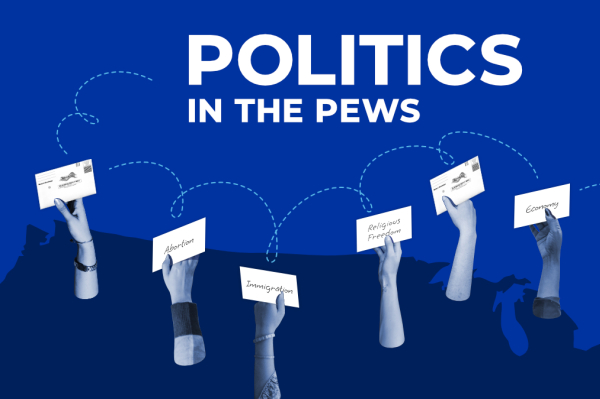4 highlights from Senate social media censorship hearing
Cruz to Twitter CEO: ‘You are a publisher’
Sen. Ted Cruz, R-Texas, questioned Dorsey about whether or not Twitter is a publisher. The conservative accused the company of selectively enforcing its policies.
Cruz began his questioning by remarking that Facebook, Google and Twitter “have a monopoly on public discourse in the online arena.” Cruz also expressed concern that his Democratic colleagues wanted the companies to “censor more.”
“Is Twitter a publisher?” Cruz asked Dorsey.
Dorsey replied: “No, we are not. … We distribute information."
Cruz proceeded to ask Dorsey to define what a publisher is. Dorsey responded by describing a publisher as “an entity that is publishing under editorial guidelines and decisions.”
Cruz pointed out that Dorsey’s definition of a publisher contradicts with the definition laid out in Section 230 of the Communications Decency Act, which defines a publisher as “any person or entity that is responsible in whole or in part for the creation or development of information provided through the internet or any other interactive computer service.”
“Was Twitter being a publisher when it censored the New York Post?” Cruz asked.
“No. We have very clear policies on the conduct we enable on the platform and if there’s a violation, we take an enforcement action and people choose to commit to those policies … and to those terms of service,” Dorsey explained.
Cruz alleged that “your policies are applied in a partisan and selective manner.”
“You claim it was hacked materials and yet you didn’t block the distribution of The New York Times story that alleged to talk about President Trump’s tax returns, even though a federal statute makes it a crime to distribute someone’s tax returns without their consent,” Cruz said.
Dorsey defended his company’s handling of the story about Trump’s tax returns, claiming that “we interpreted it as reporting about the hacked materials” as opposed to the distribution of the actual hacked materials.
Later, Cruz shifted the topic of the discussion to the debate about voter fraud. He asked Dorsey to explain why Twitter was putting “purported warnings on virtually any statement about voter fraud.”
“We’re simply linking to a broader conversation so that people have more information,” Dorsey maintained.
“No, you’re not,” Cruz replied. “You put up a page that says ‘Voter fraud of any kind is exceedingly rare in the United States.’ That’s not linking to a broader conversation, that’s taking a disputed policy position and you’re a publisher when you’re doing that.”
“You’re entitled to take a policy position but you don’t get to pretend you’re not a publisher and get a special benefit under Section 230 as a result,” Cruz continued.
Cruz concluded his questioning by asking Dorsey how many times Twitter blocked tweets from Republican candidates and officeholders in the three most recent election years and how many times the website blocked posts from Democratic candidates and officeholders during those same years.
He proceeded to ask Dorsey if he would commit to answering those questions in writing.
“We’ll certainly look into it and see what we can do,” Dorsey said.
When Dorsey promised to answer questions about “broader transparency around outcomes,” Cruz concluded, “That’s a no.” He asked Zuckerberg the same question, who said that he would follow up with Cruz in private.





















